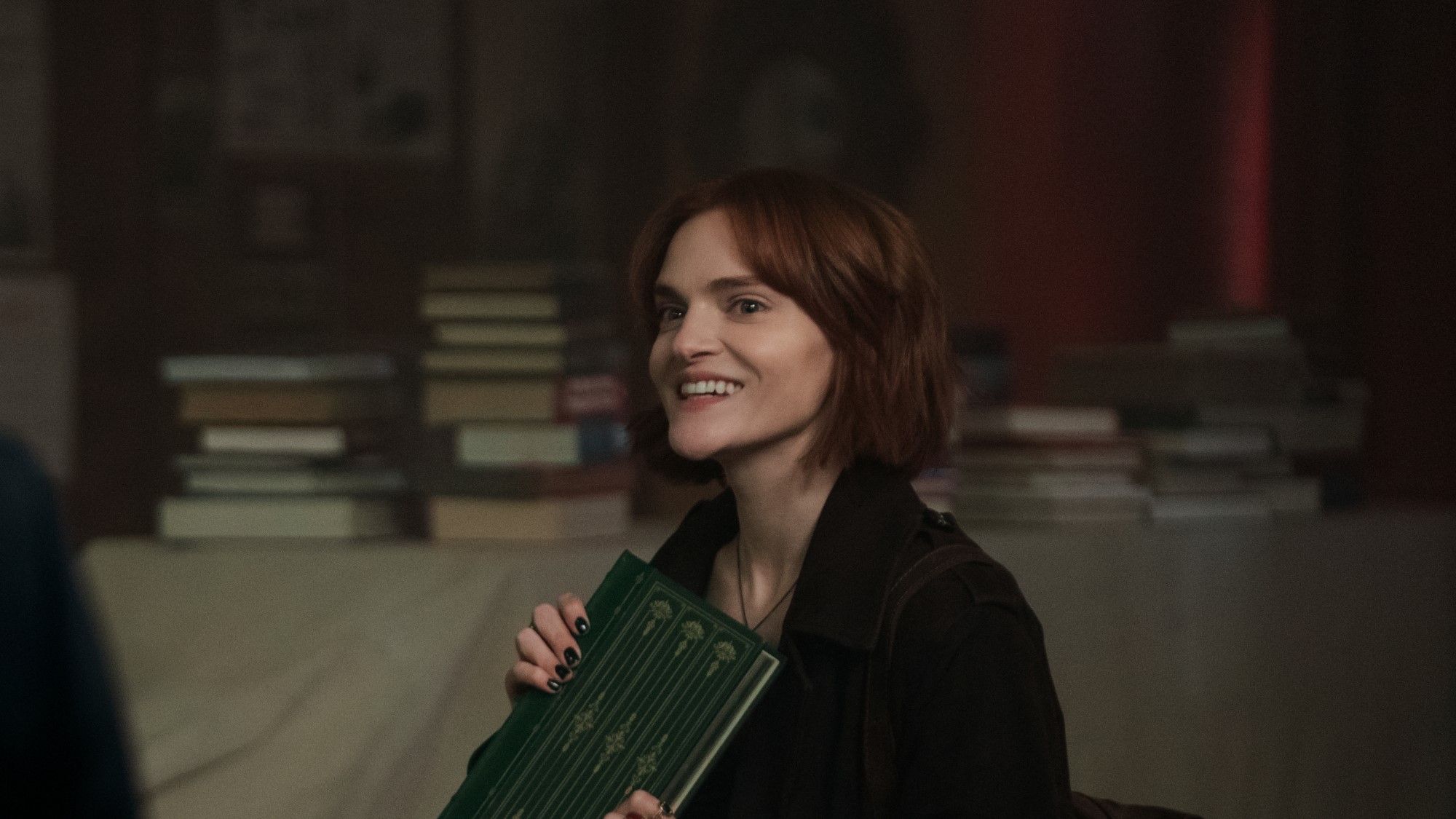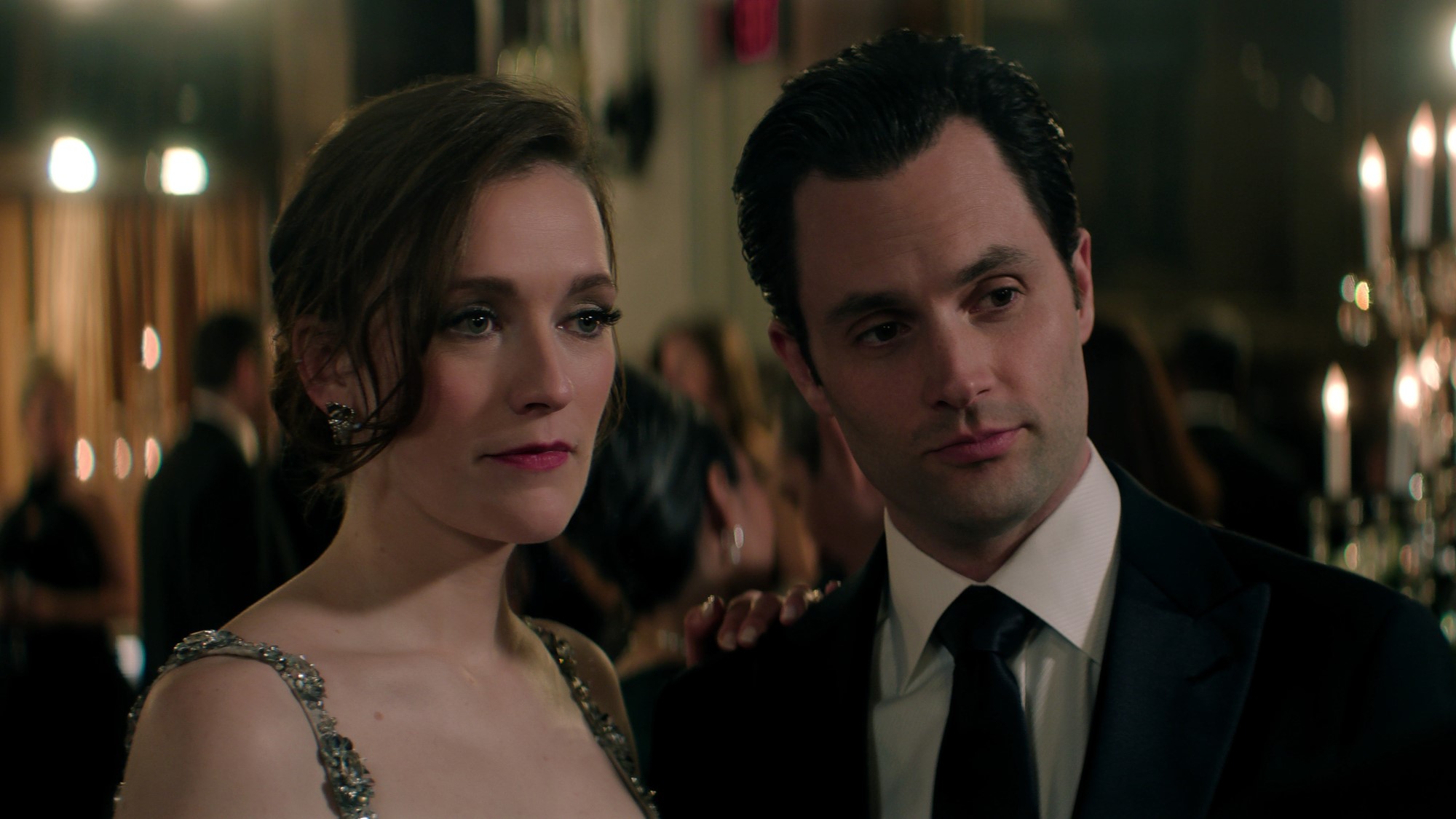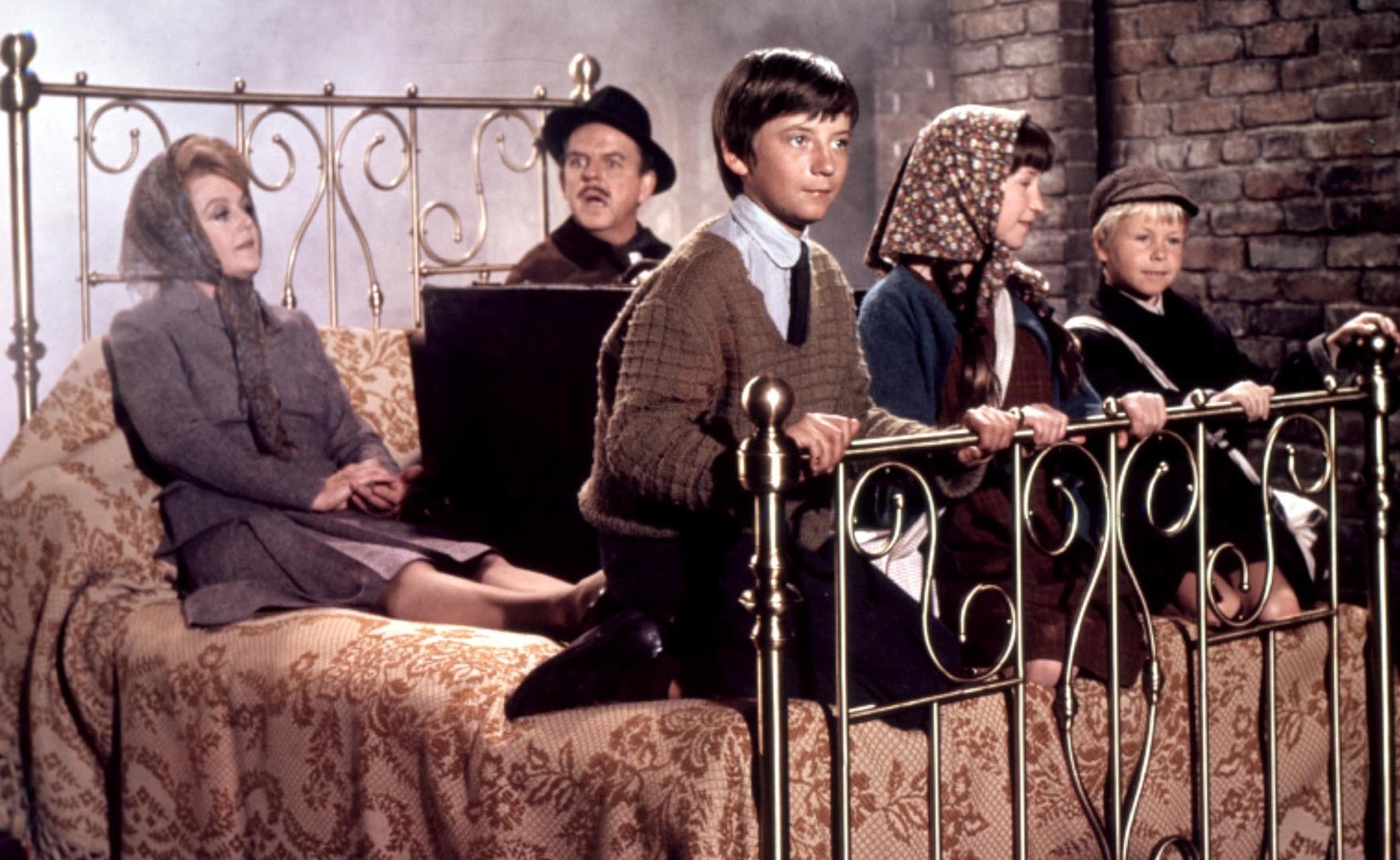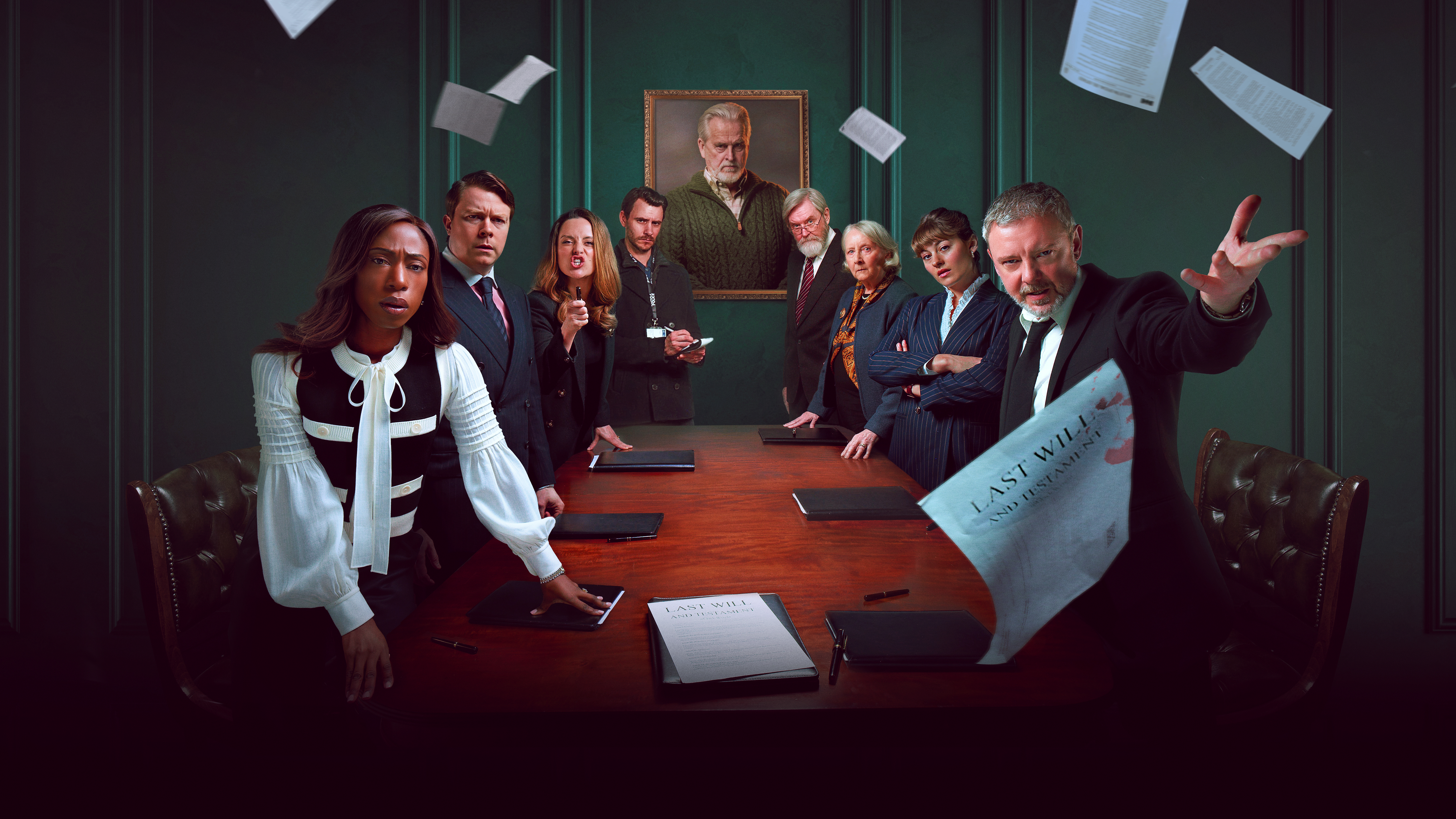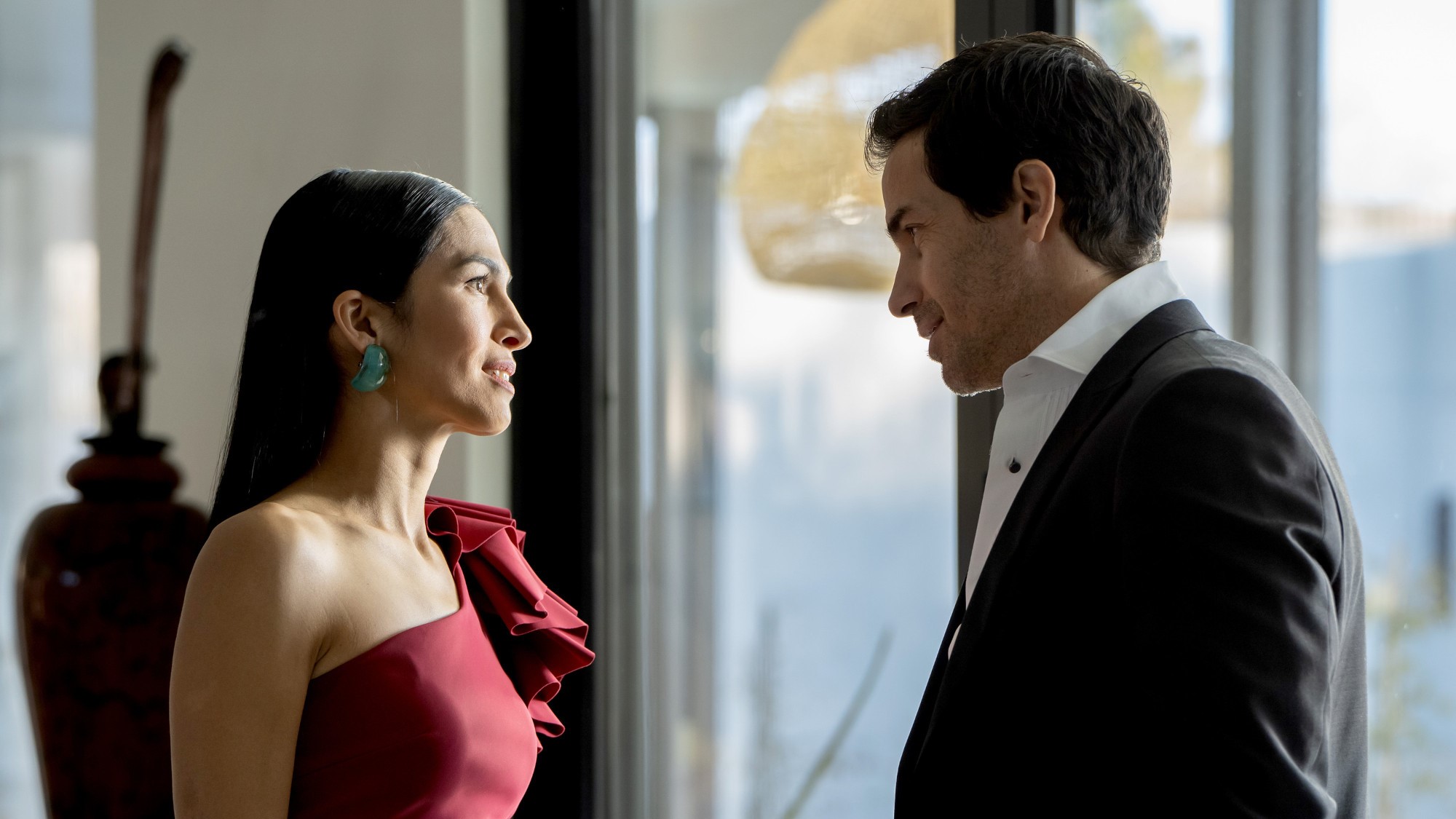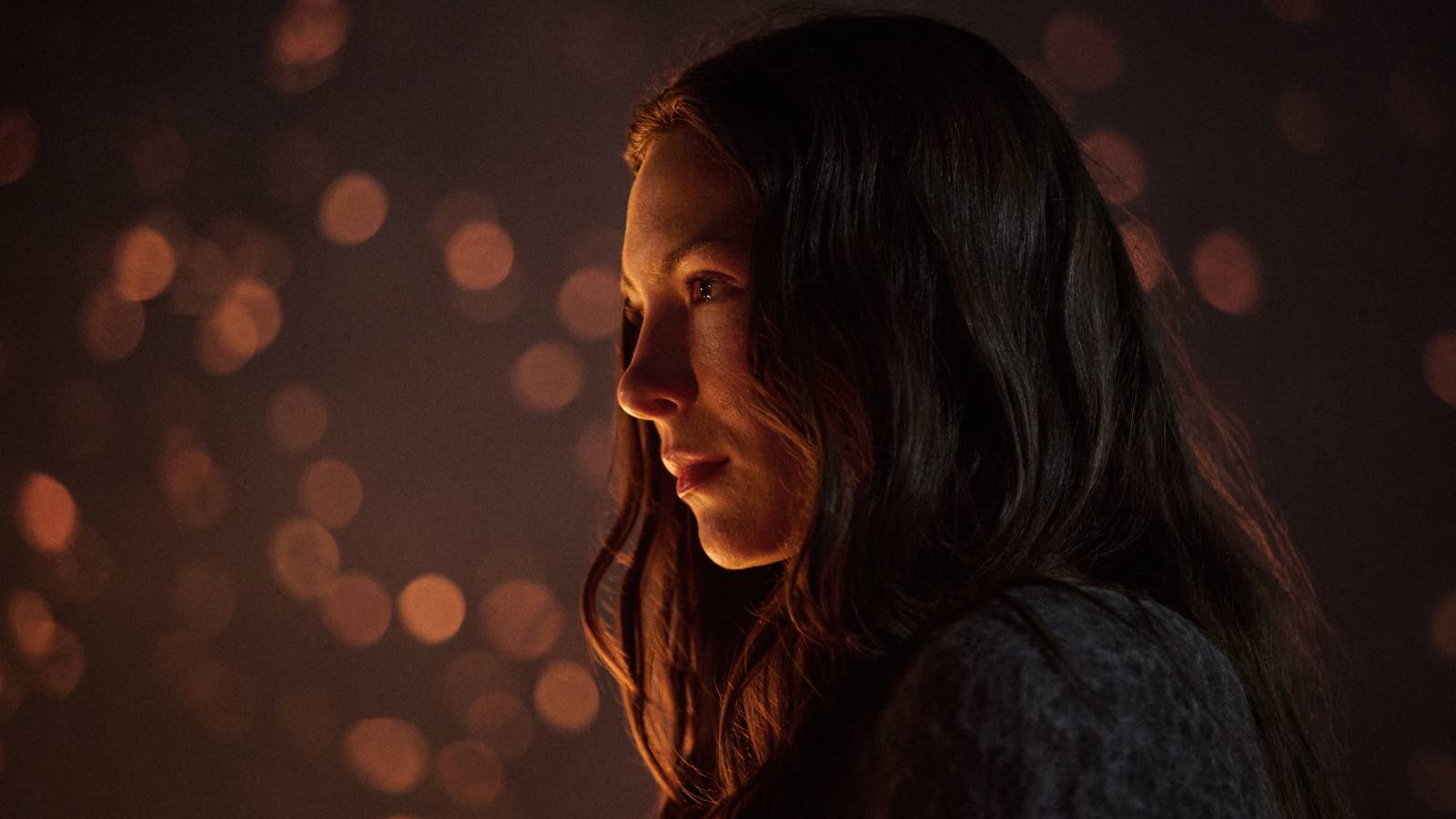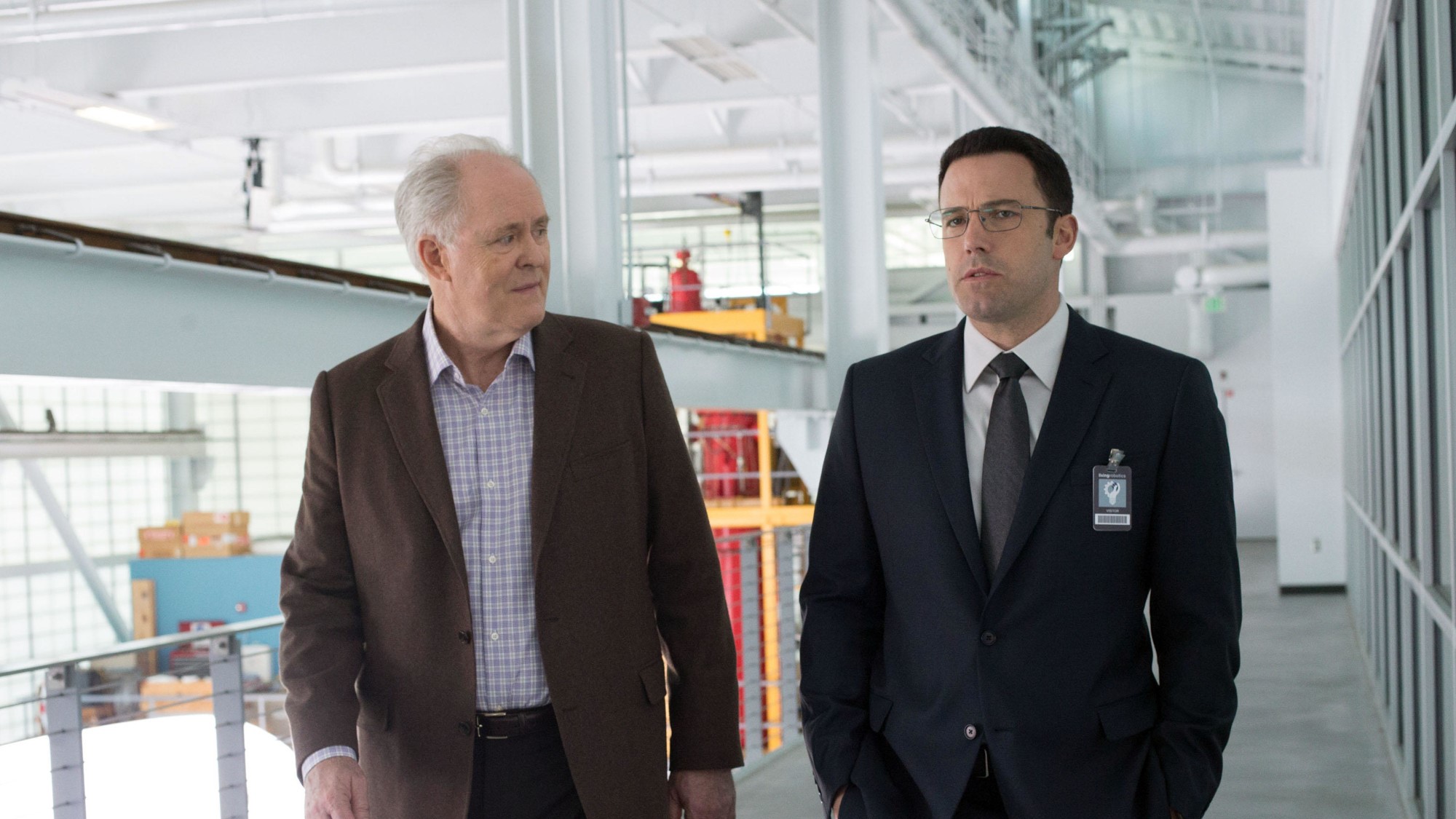What defines a Christmas movie?
What does it take to be a Christmas movie, from cutesy Hallmark movies or bleak Santa slashers?
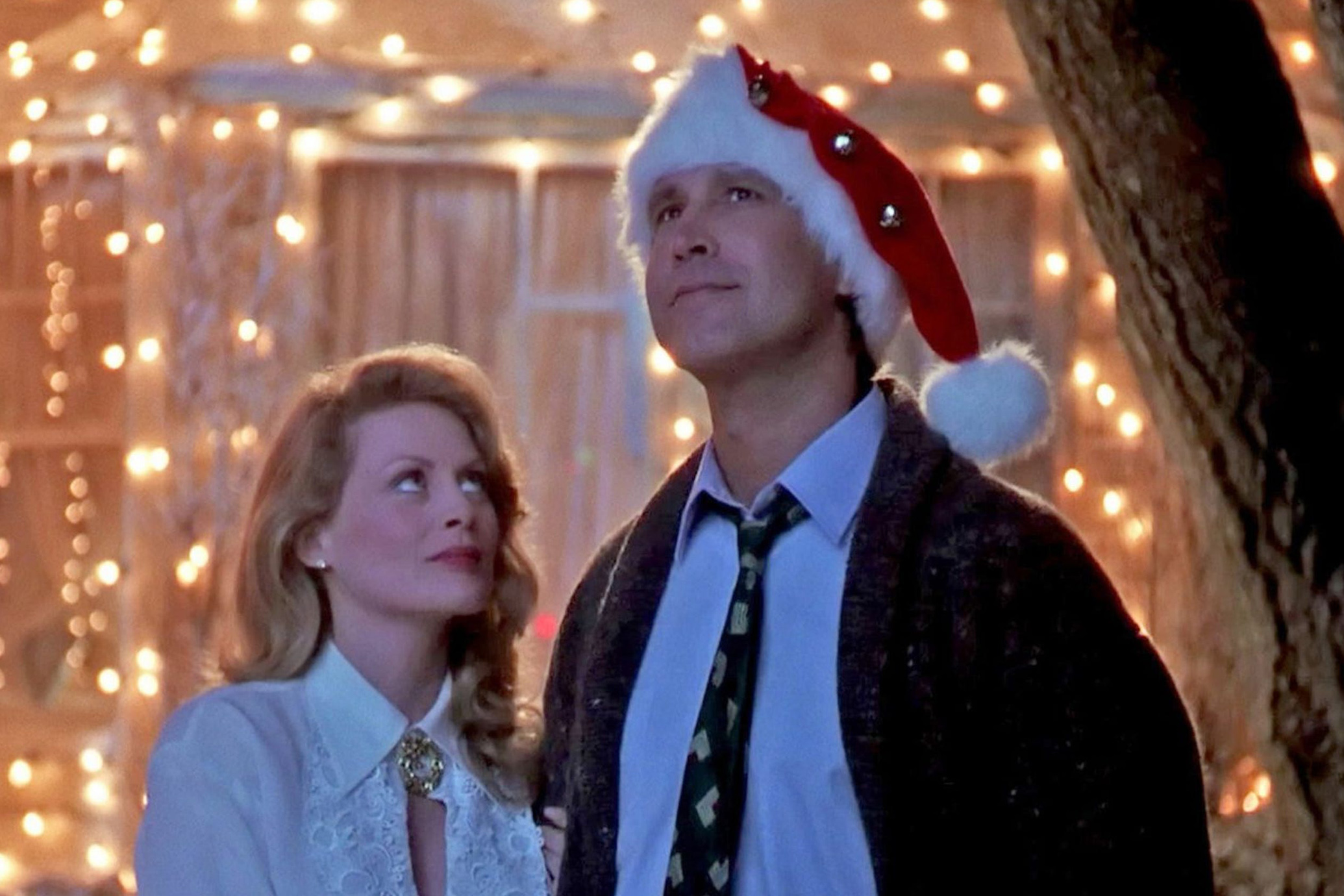
It’s the most wonderful time of the year, the time to watch as many Christmas movies as possible. By some sort of mystical force, we are already midway through December and perilously close to Christmas Day itself. This year will obviously be startlingly different for many families who are unable to gather together to celebrate the festivities. It is a time of tradition but one where such pleasantries will frequently be impossible. That makes it all the more important for us to treasure the ones we do have, such as the annual battle over what film gets to claim the illustrious title of the all-time best Christmas movie. We have these spirited discussions (or full-on Film Twitter b*tch-fests) every December without fail. Someone will insist that The Muppets Christmas Carol is most deserving of the top spot, we’ll all debate whether or not Die Hard actually is a Christmas film, and some poor innocent soul will discover It’s a Wonderful Life for the first time and be shocked by how mercilessly bleak this seemingly innocent classic really is. Whether you prefer the endless splurge of red-and-green Hallmark sweetness or the cynical stab of the many Santa-themed slasher flicks, there is a film out there ready for you to cuddle up with on these cold nights.
However, it’s not just about the accepted classics. Take a gander on Twitter or any pop culture themed website and the chances are you’ll stumble across a selection of alternative Christmas films. These are the movies for people who reject festive cheer and simply delivered morals in favor of a tale with decidedly more bite. Do you favor the unconventional? Then perhaps you're more likely to watch Todd Haynes's Carol, the steely Kubrick erotic thriller Eyes Wide Shut, or Lynne Ramsay's meditation of trauma, Morvern Callar instead. Maybe you're eager for your annual rewatch of Terry Gilliam's Brazil, or you’re just so disheartened by this time of year that only Children of Men or American Psycho will sate your cynicism. This grab-bag of movies has little in common beyond the fact that they’re all set at Christmas time, and that they uniformly reject the tenets by which we typically define a Christmas movie. But is that enough?
What actually defines a film as a Christmas movie and not just one that takes place during the late December season? The traditional festive flicks are focused not only on the event itself but the old-school values it’s supposed to represent: Time with your family; giving and sharing; putting others before yourself; a moment of gratitude for what you have rather than what you lack. At least, that was the original aim. It seems that the lion’s share of Christmas films over the past thirty years or so have a more business-minded eye. Execrable titles such as Jingle All the Way try to have their cake and eat it by mercilessly promoting tie-in merchandise while claiming to preach an anti-materialism message. Buy the super-amazing toy we keep plugging at every possible moment but remember the season’s about more than that (but seriously, buy the toy, you losers.) Even the big-screen adaptation of that most classic of tales, 2000’s How the Grinch Stole Christmas, was so overwhelmed with the money-draining dazzle of the season that it forgot Dr. Seuss’s key message about the true meaning of the holiday. Only Hollywood could make the Grinch the guy with the moral high ground.
That may be the key reason why so many viewers flee from the ceaseless pep of traditional Christmas entertainment. The emotions of such narratives are very black and white and there’s always a clear message preached at the end, regardless of whether or not the rest of the story earned such a climax. Take Four Christmases, an utterly forgettable comedy starring the bored-out-of-their-minds duo of Vince Vaughn and Reese Witherspoon. Ostensibly a film about family and the healing magic of the season, the story spends way too long making both family and Christmas seem utterly unbearable, so when the cynical central couple eventually warm to the “festive cheer”, it feels laughably false. This isn’t the only movie to pull such cheap tricks. Indeed, it’s terrifyingly common in the medium.
Christmas can be a wonderful time but it’s not exclusively so. Millions of people don’t celebrate it, either because of their own differing faiths or a mere disinterest in the holiday. This can be a difficult time of the year for those who live alone, those estranged from their families, or others dealing with immense personal, financial, or societal strife. Navigating the months-long tirade of Christmas anticipation – the cloying music, the unavoidable advertising, the jam-packed shops, the panic over gift-buying, the tumultuous journeys home in packed planes and traffic jams, the inevitable family arguments – is draining, even for the most joyous of us. It often feels like there’s no escape from the forced joy of it all. If you’re not happy, you’re failing Christmas, and that often feels like the moral of the movies we watch to distract ourselves from the exhaustion.
So, it’s no wonder we crave something darker, less sparkly, and maybe even a bit more subversive. There’s still something kind of radical about pop culture that proudly bastardizes Christmas. That’s one of the reasons that critics were so shocked in 1984 when the horror movie Silent Night, Deadly Night debuted in theaters. Leonard Maltin denounced the film by asking, "What's next, the Easter Bunny as a child killer?" Even Siskel and Ebert cried, "Shame on you" to the filmmakers after reading their names aloud on air during their negative review. It was genuinely seen as taboo to show a killer in a Santa suit for fear that kids would be traumatized and the sanctity of the holiday would be irrevocably tainted. Never mind that (sorry, kids) Santa isn’t real! It was enough just to twist the knife in that sacred image.
If a Christmas movie is defined by its positive embrace of the season then surely the opposing force to that deserves a seat at the table, or maybe its own smaller, more fun table next to the grown-ups’ one? A dash of vinegar in your festive cocktail can do wonders, and sometimes you just need a shot of darkness to make you appreciate the light. So, go forth with your weird festive movies, and ignore the pedants. It’s been a tough year. You deserve it.
Get the What to Watch Newsletter
The latest updates, reviews and unmissable series to watch and more!
- The Best Christmas Movies
- The Best Christmas Movies on Netflix
- The Best Christmas Movies on Hulu
- The Best Christmas Movies on Disney+
- The Best Animated Christmas Movies
- The Best Christmas Monsters, Ranked
- The Dark Secret at the Heart of Every Made-For-TV Christmas Movie
- Ranking every Lifetime Christmas movie by its obvious horror set-up
Kayleigh is a pop culture writer and critic based in Dundee, Scotland. Her work can be found on Pajiba, IGN, Uproxx, RogerEbert.com, SlashFilm, and WhatToWatch, among other places. She's also the creator of the newsletter The Gossip Reading Club.

